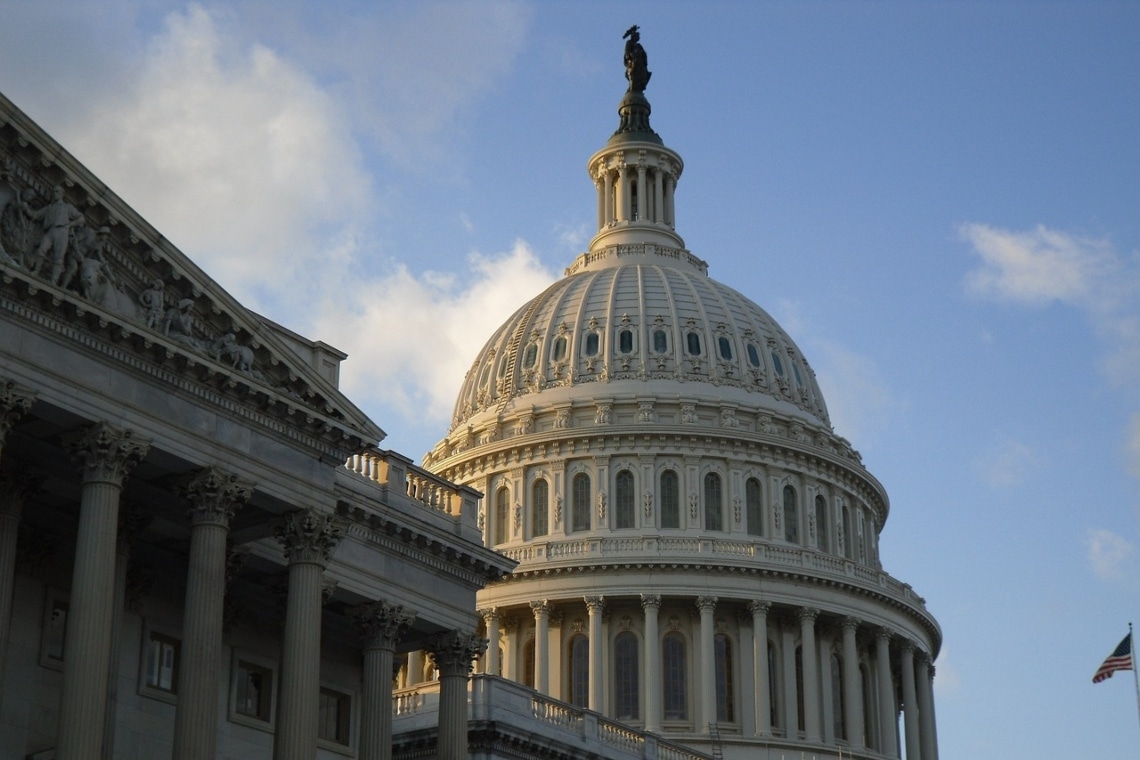Yesterday, Coinbase CEO Brian Armstrong suggested that it will be the US Congress that will resolve the conflict situation that has arisen with the SEC.
In fact, Armstrong argues that the SEC’s complaint against them makes Coinbase represent the entire crypto industry in court, with the goal of getting some clarity on the rules that need to be applied in this industry.
At this point, he added that the U.S. Congress (i.e., their parliament) is introducing new legislation that will allow this situation to be resolved, as indeed is happening in the rest of the world.
Summary
SEC: the regulatory problem highlighted by the CEO of Coinbase
Indeed, the key issue is the lack of certain, clear and specific regulation.
Armstrong accuses the SEC of failing to clearly publicize what rules must be followed, despite the fact that it is the government agency charged with overseeing the security market.
And he also points to the fact that the complaint filed against Coinbase focuses solely on whether certain cryptocurrencies can be considered securities.
At this point, it really seems that it can only be Congress that steps in to provide clarity, since the SEC cannot make the laws, but must merely enforce the ones that are there.
If the current laws, which were not designed for the crypto market, are unclear, the agency’s behavior most certainly cannot be.
Just this year, the European Union came up with a certain and specific regulatory framework regarding crypto markets (the MiCAr, or Markets in Crypto Asset regulation), while the old, non-specific rules still apply in the US.
The SEC indictment of Coinbase
However, Armstrong also accuses the SEC of being guilty of a kind of U-turn.
In fact, he recalls that more than two years ago the agency examined their business and their company, and approved their landing of the stock on the stock exchange.
In this regard, he points out that regarding the assets listed on the exchange, they are thoroughly examined before they are listed, and discarded if they are found to be securities.
So it is now surprising that the very same SEC that in 2021 agreed to list them on the exchange accuses the company of actually operating illegally.
It should be emphasized that it is not, and cannot be, a private company that unilaterally determines what can and cannot be considered a security, and that this issue has only recently been raised by the SEC.
Armstrong also points out a contradictory aspect, to say the least, about the SEC’s allegations.
In fact, he points out that the other US agency that oversees financial markets, the CFTC, has made conflicting statements to those of the SEC.
The CFTC deals with commodities, and believes that cryptocurrencies are de facto commodities, while the SEC on the other hand deals with securities and believes that most cryptocurrencies are securities.
This then looks more like a clash between government agencies that would like to get their hands in the crypto markets, rather than a real deep dispute over the true nature of cryptocurrencies. Although, to be fair, it is highly unlikely that all cryptocurrencies should be considered commodities, or securities.
Crypto assets as securities
So far there are only two certainties.
The first is that a cryptocurrency cannot be considered a security if it is considered a commodity instead.
And the second is that Bitcoin is definitely a commodity.
From these two certainties one cannot in any way infer that all other cryptocurrencies are also commodities. On the contrary, it is quite likely that among the tens of thousands of tokens and cryptocurrencies there are many that can safely be called securities.
The problem lies in deciding which ones should be considered securities, and which ones can be considered commodities.
This decision is neither up to the exchanges nor the two government agencies, but up to the courts or Congress.
In other words, Congress must clarify at a legal, and general, level what characteristics a crypto considered a security must have, and it will then eventually be up to the courts to decide for each individual token whether it falls under this definition from a legal point of view.
The problem with securities
The real problem is not even in the definition or not of a security, but in the fact that it is illegal to allow the public exchange of unregistered securities.
So all those cryptocurrencies that should be deemed securities, legally speaking, and fail to get registered with the SEC, would have to be delisted from exchanges, otherwise they would risk forced closure by the authorities.
In contrast, for commodities there is no problem, because there is no registration requirement.
Therefore, cryptocurrencies that are definitely considered commodities, such as Bitcoin, will be able to continue to be traded freely on exchanges, while for those that should be considered securities there will be a fork in the road.
On the one hand, there will be those that manage to get registered with the SEC, so they can continue to be traded on exchanges. But they will be few in number, and the timelines for registration could also be very long.
On the other hand, there will be those that will have to be delisted from the exchanges.
In addition, in order to allow the trading of securities, exchanges will also have to register with the SEC and get approval, since they don’t have it now. So again there may be a few left, and the timeline for getting approval could be long.




